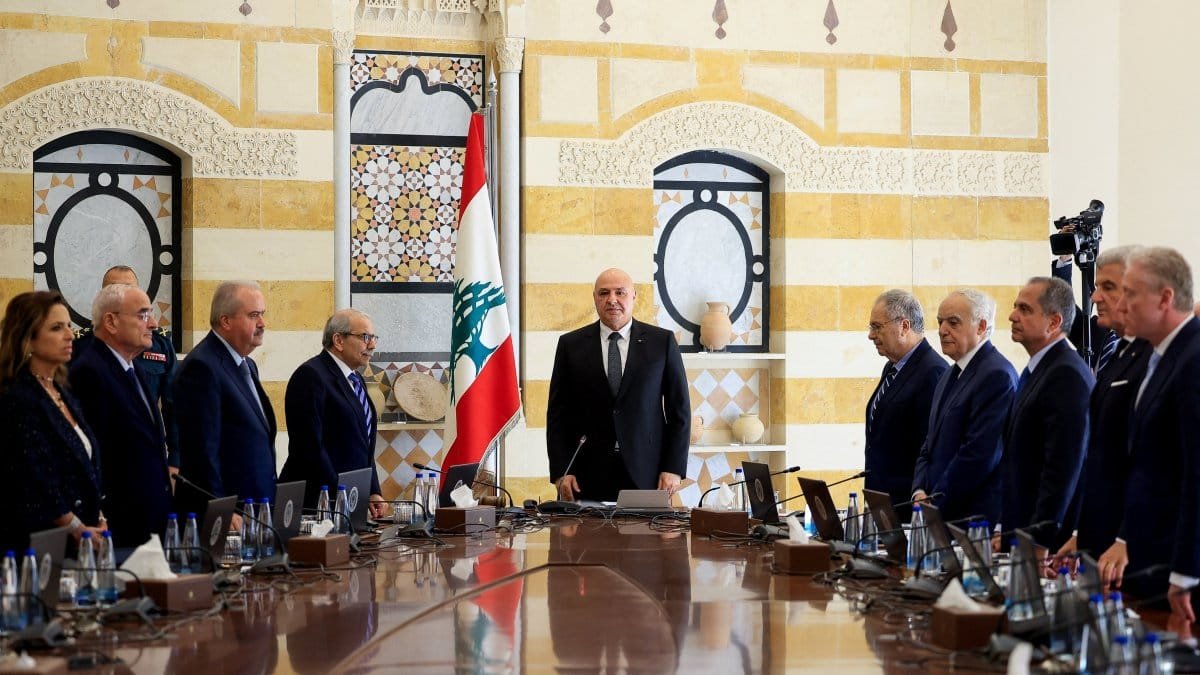Lebanon’s cabinet has welcomed a military-led initiative to disarm Hezbollah, although it conspicuously avoided setting a formal timeline for implementation. During a three-hour session presided over by Prime Minister Nawaf Salam, Army Commander Gen. Rodolphe Haykal presented the plan. Information Minister Paul Morcos stated the army would begin executing it “within its limited logistical, material and personnel capabilities,” but did not commit to specific dates. The cabinet also agreed to keep the plan’s contents confidential.
The session was marred by political tension: all five Shiite ministers, representing Hezbollah and its Amal Movement allies, walked out in protest upon Gen. Haykal’s entry. They later denounced any decisions made in their absence as illegitimate, citing disruption of Lebanon’s sectarian power-sharing system. Hezbollah continues to insist it will not disarm under current conditions, citing ongoing Israeli airstrikes and the unresolved occupation of parts of southern Lebanon.
The disarmament drive follows mounting domestic and international pressure, particularly from the U.S., Saudi Arabia, and Lebanon’s Christian and Sunni factions, pressing for a state monopoly on arms after last year’s devastating conflict with Israel upended the country’s security dynamics. Yet Hezbollah remains defiant, decrying the government’s move as influenced by external forces and lacking legitimacy. Its leadership has warned of possible civil unrest and dismissed the plan as a grave misstep while Israeli strikes continue.
The Lebanese army has already begun preparing for implementation, including deploying troops in Beirut to preempt any unrest linked to the decision. Meanwhile, Information Minister Morcos emphasized that progress hinges on reciprocal commitments, particularly Israel’s compliance with a U.S.-led ceasefire roadmap previously endorsed by the cabinet.





